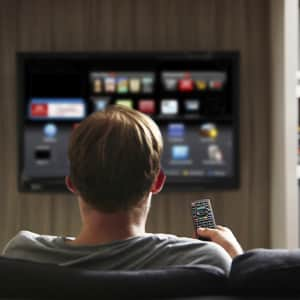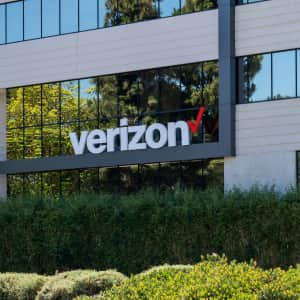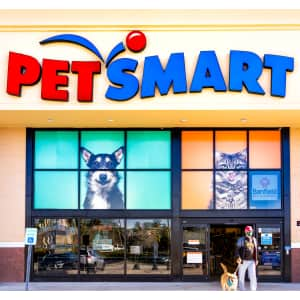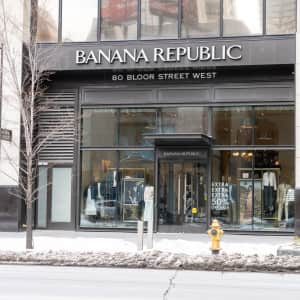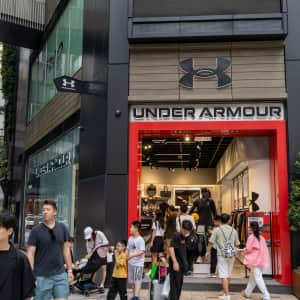Find out how to score big savings on
Banana Republic by using sitewide promo codes, rewards perks, and smart stacking strategies. From first-order discounts and student deals to credit-card benefits and Factory outlet steals, learn which tactics deliver the deepest discounts.


